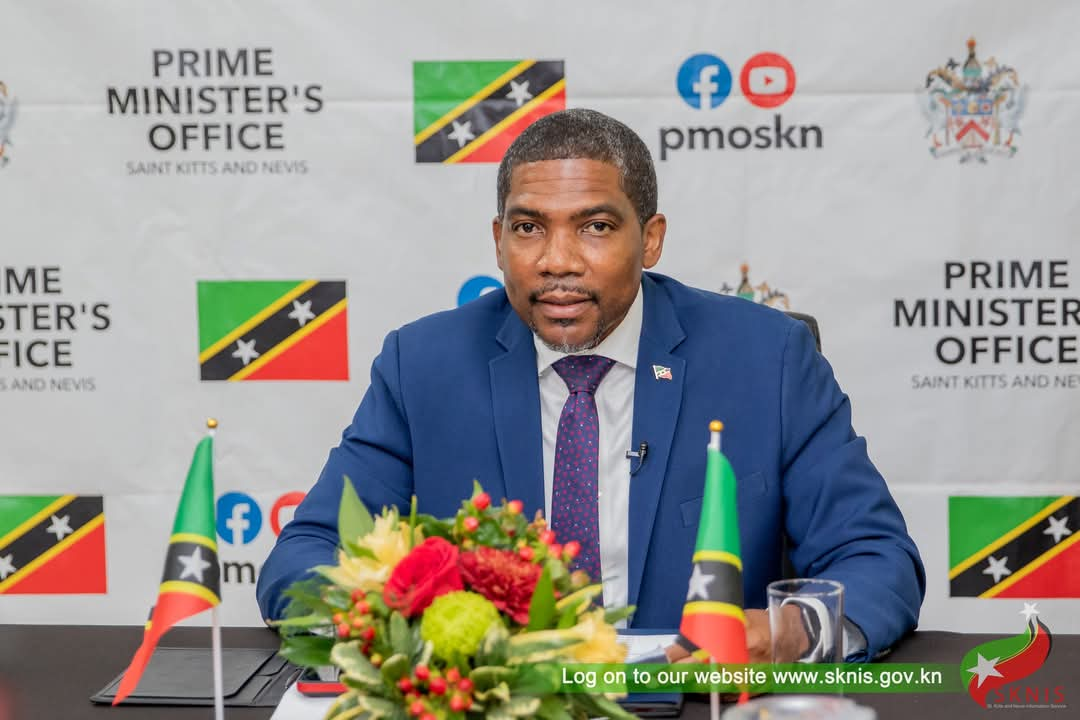St. Kitts and Nevis Government Implements Measures to Mitigate Global Inflationary Pressures
The government of St. Kitts and Nevis has implemented a comprehensive suite of measures to mitigate the impact of global inflation on its citizens. Recognizing the widespread nature of the inflation challenge, Prime Minister Dr. Terrance Drew emphasized the administration’s commitment to alleviating the financial burdens faced by the population. This commitment translates into tangible actions focusing on bolstering income levels, reducing essential expenses, and providing targeted financial assistance to vulnerable households. The government’s strategy includes significant investment in subsidies and social programs, adjustments to the minimum wage, tax relief initiatives, and extensions of existing support programs, all aimed at creating a more resilient and equitable economic environment.
Central to the government’s approach is the allocation of $320 million towards essential subsidies and social programs. This substantial investment underscores the administration’s prioritization of protecting its most vulnerable citizens. The newly introduced Budget Boost Wallet (BBW) exemplifies this commitment by providing direct financial support to eligible individuals earning $5,000 or less per month. This initiative will inject $250 per month into the pockets of qualifying households for the first half of 2025, effectively increasing their disposable income and providing a buffer against rising costs. Complementing the BBW is a temporary reduction in the Value Added Tax (VAT) from 17% to 13%, offering relief to both consumers and businesses during the first six months of the year. This dual approach of direct financial assistance and reduced taxation forms a core element of the government’s strategy to alleviate the cost of living pressures.
The commitment to improving the financial well-being of citizens extends to an increase in the national minimum wage to $500 per week, effective July 1, 2025. This measure is designed to ensure that workers can better meet their basic needs in the face of rising prices. Furthermore, the government has extended the “Build & Thrive” incentive, a program designed to stimulate construction and home improvement. By eliminating import duties and customs service charges, and reducing the VAT to 13% on renovations and repairs up to EC$500,000, the program aims to encourage investment in housing and create economic activity. This extension, running until December 31, 2025, signifies the government’s long-term vision for economic growth and improved living standards.
Beyond these direct financial interventions, the government has committed to maintaining crucial subsidies for essential utilities like electricity and water. This commitment ensures that access to these fundamental services remains affordable for all citizens, regardless of income level. The continuity of essential social programs, such as the L.I.F.T. Programme and ELEVATE, further strengthens the social safety net and provides critical support to families and individuals in need. These initiatives demonstrate the government’s holistic approach to addressing the multifaceted challenges posed by inflation. The administration recognizes the importance of not just providing immediate financial relief, but also investing in programs that foster long-term economic empowerment and social well-being.
The government’s multifaceted approach also includes strategic fiscal measures to balance revenue generation with social support. Prime Minister Drew acknowledged the delicate balance between maintaining government revenues and providing necessary relief to the population, emphasizing that the well-being of the people remains the government’s top priority. The issuance of two tax-free Citizenship by Investment (CBI) dividends serves as a key example of the government’s efforts to leverage existing programs to generate revenue and support its social initiatives. This historic achievement for the CBI program further underscores the government’s commitment to finding innovative solutions to address economic challenges.
In conclusion, the government of St. Kitts and Nevis has adopted a comprehensive strategy to combat the effects of global inflation on its citizens. This strategy encompasses a range of measures, including direct financial assistance through the Budget Boost Wallet, a temporary reduction in VAT, an increase in the minimum wage, and the extension of key social programs and subsidies. These initiatives, combined with strategic fiscal measures like the tax-free CBI dividends, demonstrate the government’s commitment to balancing fiscal responsibility with the needs of its people. The overall aim is to create a more resilient economy, improve the standard of living, and ensure that all citizens have the resources they need to thrive in a challenging global economic environment. The government’s actions reflect a proactive and people-centered approach to governance, prioritizing the well-being and economic security of its citizens above all else.
Share this content:












Post Comment